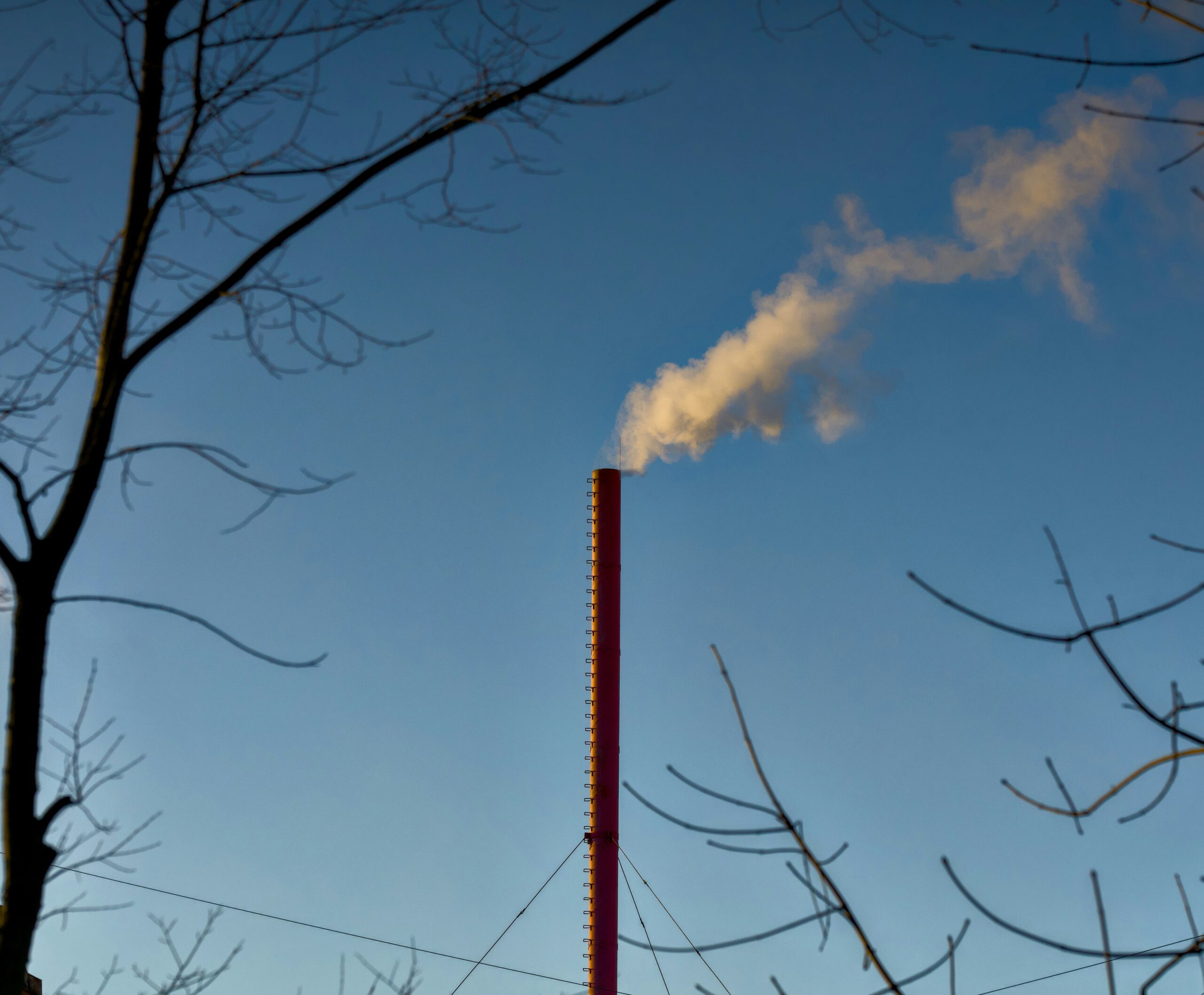Just a few years ago, power generation was the UK’s largest source of emissions; now, it has fallen to fifth place behind transport, buildings, industry, and agriculture. This shift highlights the impact of long-term policies supporting renewables and the phase-out of coal, proving that strategic climate action works.
While the transformation of the power sector is a success story, transport remains the UK’s biggest polluter, accounting for 30% of total emissions. Although emissions from domestic transport fell by 2% in 2024, largely due to reduced diesel use, aviation is heading in the opposite direction. Emissions from UK-based international flights surged by 9% last year, reaching pre-pandemic levels. With air travel expected to grow and government support for airport expansion continuing, aviation could become a major obstacle to meeting the UK’s legally binding carbon budgets.
Buildings also remain a concern. Emissions from this sector rose by 2% in 2024, primarily due to increased gas usage. While residential emissions fell slightly, the UK remains heavily reliant on expensive, polluting gas, which keeps energy bills high and leaves the country vulnerable to volatile global markets. Businesses have a vital role to play in ensuring energy efficiency and reducing unnecessary energy consumption.
The UK is making progress towards its ambitious targets of a 68% emissions reduction by 2030 and 81% by 2035, but the latest figures show that success is far from guaranteed. While the power sector has rapidly decarbonised, transport, buildings, and aviation need urgent attention. The path forward includes scaling up renewable energy to replace gas, fired power generation, Investing in clean transport solutions and including EV infrastructure and public transit, stronger policies on aviation emissions to ensure growth does not derail climate goals, and energy efficiency improvements in homes and buildings to reduce gas use.
The data remains provisional and subject to revision, but one thing is clear: we are making progress, yet the hardest work still lies ahead. If the UK is to truly lead on climate action, policies must remain ambitious, consistent, and forward-thinking. Businesses also play a crucial role in driving emissions reductions by improving energy efficiency, limiting travel, promoting green travel options, and embedding sustainable practices in production processes. Not only is this beneficial for the planet, but it also makes good business sense.
References:
https://commonslibrary.parliament.uk/research-briefings/cbp-9888/




